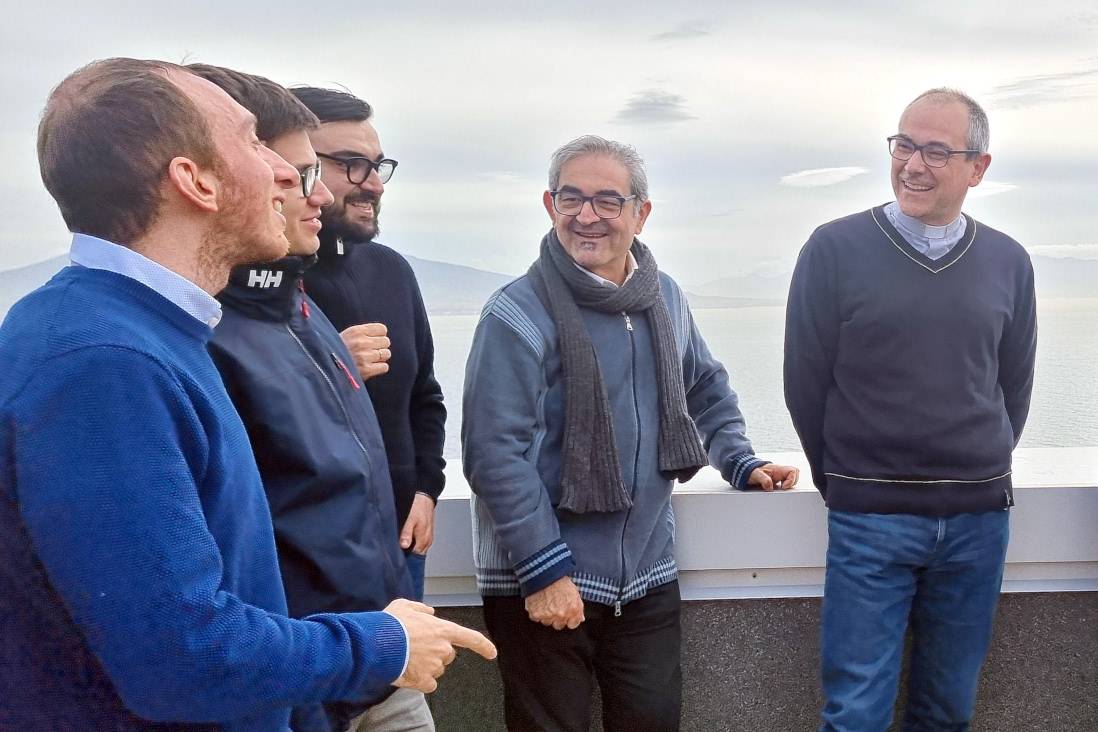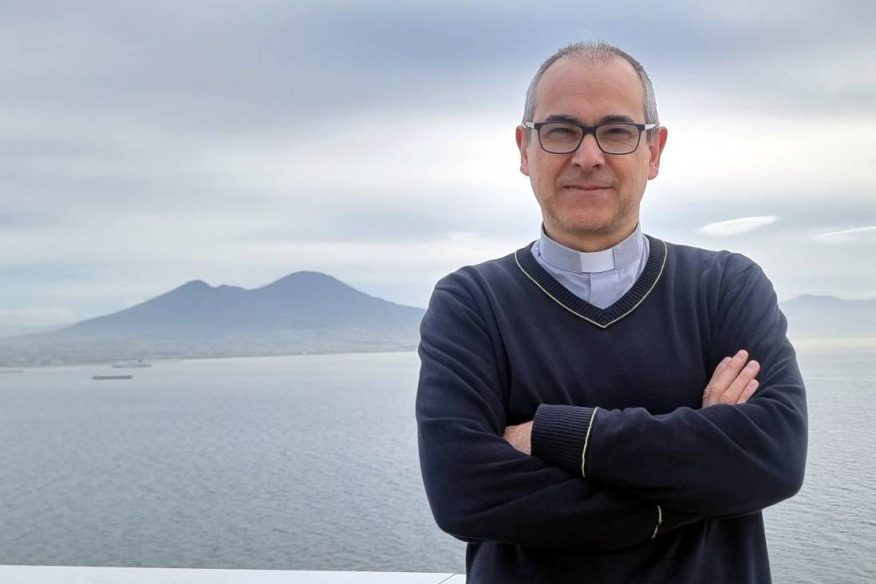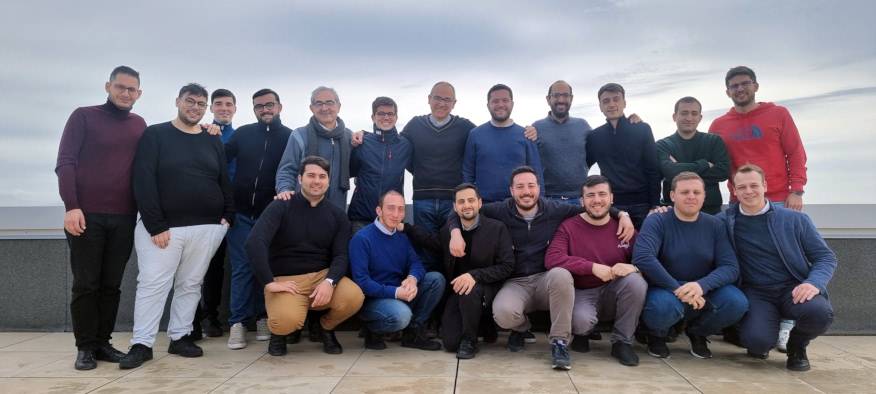In the seminary? These are the conditions

Posillipo, Naples. In the interregional seminary there are about 15 young men who in recent years have asked to begin the journey. They come from 14 dioceses in Campania and some from other regions. The formation process lasts six years.
But even if the number of those who choose the presbyteral life is decreasing, there are at least two requisites for entry. These are explained by the Rector, Fr. Andrea Piccolo, SJ.
Experience of God
“First of all, one must have had an experience of personal encounter with Jesus. This is not taken for granted. I mean this is a real-life experience, not hearsay on a theoretical level. St. Ignatius would say ‘to have met Jesus as a friend talks to a friend’, a person who touched me deeply.
Today there is a lack of meaningful experience of what it means to live. The focus has shifted to something else. Social media contributes to the removal of the reality of the experience by shifting it into the virtual, which for some is the only possible experience. But in this way, one never comes to terms with real life.
The desire to work on oneself
Then the desire and the freedom to work on oneself is fundamental, to answer seriously the question “Who am I?”, not just theoretically and descriptively. Today, in a stronger and more obvious way, it means working profoundly on oneself, going in search of the hidden pearl, the personal qualities that each person has. Knowing how to look into the face of our black holes, the wounds of our life, the relationships that have not allowed us to grow, that have blocked us. It is a complex and long work on the human self.
We must remember that our first calling is to take care of ourselves, then we can talk about anything else. Reality faces us with this truth. The parental figure is in crisis. A certain social consensus regarding certain values, beliefs and civil life has broken down and become fragmented. People are therefore struggling to find direction, to find an answer to the question “Who am I?”

Ecclesial experience
The maturing of a concrete experience in a parish or in the reality of an association in the Church is the key to a progressive decentralization from the I to the We. To have been part of a group of like-minded people, valued the gifts received, encountered the differences and hardships of walking together, and letting go among peers: this kind of experience is no longer common and taken for granted, and its absence is felt.
Today, the first two years of the seminary are still designed to accompany such discernment. Two blessed years in which some realize that this is not their path, while others confirm it. Maturation periods have lengthened, in part because there are fewer authoritative and significant adults to encourage and support younger people’s “attempts at autonomous flight” with their personal strength.
Within two or three years of care and attention, we see so many young men blossom. These are priceless joys for us who experience this spiritual fatherhood.
A Re-thinking of Pastoral Care
It is not the seminary that forms in the first place. It is life. The seminary is an opportunity to review life in the light of the Word, the relationship with Jesus, community and ecclesial life.
We must begin again by helping young people fall in love with life. Vocation always begins with a great love for life, including its wounds, pains and conflicts. The Christian life is a great thanksgiving to the Creator of life.
Reviewing Experiences
Let us then state that a review of the lived experience is inevitable. One learns from mistakes, rejoices in successes. Even the study of philosophy and theology offers indispensable intellectual tools for reviewing reality and what we experience firsthand.
Trained and skilled workers
Gone are the days of calling the first person available to teach catechism because there is a gap to be filled. The formative needs of children and young people are crying out to us that even in parishes we need to involve trained adults and youth/adults who have a minimum of pedagogical skills: the basis should be the ability to empathize and to listen freely and disinterestedly.

